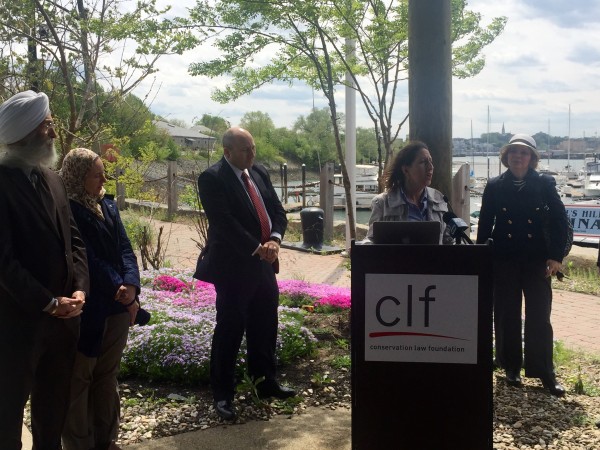 Conservation Law Foundation (CLF) announced at a press conference today that it has served formal notice of a lawsuit against ExxonMobil for its decades-long campaign to discredit climate change and knowingly endanger people and communities. An exposé last September by InsideClimate News revealed that ExxonMobil has engaged in a deliberate cover-up of sound climate science for more than thirty years, prompting CLF to launch its own investigation. CLF’s work revealed that the corporation’s deceit spilled onto New England soil and is subjecting local communities to undisclosed and potentially catastrophic risks in violation of both the Clean Water Act (CWA) and the Resource Conservation and Recovery Act (RCRA).
Conservation Law Foundation (CLF) announced at a press conference today that it has served formal notice of a lawsuit against ExxonMobil for its decades-long campaign to discredit climate change and knowingly endanger people and communities. An exposé last September by InsideClimate News revealed that ExxonMobil has engaged in a deliberate cover-up of sound climate science for more than thirty years, prompting CLF to launch its own investigation. CLF’s work revealed that the corporation’s deceit spilled onto New England soil and is subjecting local communities to undisclosed and potentially catastrophic risks in violation of both the Clean Water Act (CWA) and the Resource Conservation and Recovery Act (RCRA).
“ExxonMobil’s strategy of publicly denying the very risks its scientists have known for decades has direct impact on Greater Boston communities,” said CLF President Brad Campbell. “ExxonMobil knowingly and unlawfully misled regulators about whether its Everett facility can withstand rising seas, more intense precipitation, and other climate impacts without spewing oil and other toxic pollutants into adjoining neighborhoods, the Mystic River, and the Boston Harbor. Today’s lawsuit – the first of its kind – aims to hold ExxonMobil accountable for decades of dishonesty and require that the Everett facility meet the legal standards for climate-readiness.”
At today’s press conference on the shores of the Mystic River, Campbell stood with numerous local leaders and activists in declaring that ExxonMobil’s irresponsible and illegal actions would no longer be allowed to go unanswered.
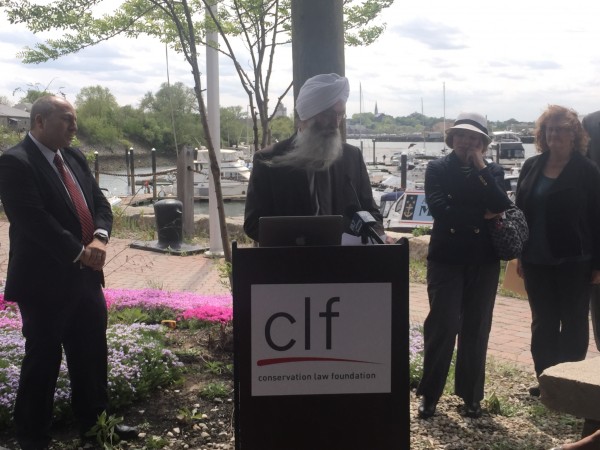 Roseann Bongiovanni, Chelsea Green Space environmental justice advocate, commented, “I’ve lived in Chelsea my entire life, and for all that time there’s been imbalance between community members who desperately want waterfront access and the industries that dominate the water’s edge. A decade ago, ExxonMobil spilled thousands of gallons of oil into our river and denied its wrongdoing for months until confronted and forced to pay by the Department of Justice. Today, we have a greater understanding of the full extent of ExxonMobil’s climate denial and we have another opportunity to show the world that we won’t stand for it.”
Roseann Bongiovanni, Chelsea Green Space environmental justice advocate, commented, “I’ve lived in Chelsea my entire life, and for all that time there’s been imbalance between community members who desperately want waterfront access and the industries that dominate the water’s edge. A decade ago, ExxonMobil spilled thousands of gallons of oil into our river and denied its wrongdoing for months until confronted and forced to pay by the Department of Justice. Today, we have a greater understanding of the full extent of ExxonMobil’s climate denial and we have another opportunity to show the world that we won’t stand for it.”
In March of this year, Massachusetts Attorney General Maura Healey joined a coalition of 17 attorneys general seeking to hold fossil fuel companies accountable for campaigns to deceive customers, shareholders, and the public about climate risk. While CLF is the first organization officially to begin a civil lawsuit against ExxonMobil for this deceit, many other legal actions are likely to follow.
EkOngKar Singh (EK) Khalsa, President of the Mystic River Watershed Association, added, “The Mystic is one of our state’s great treasures, where hundreds of thousands of fish spawn, wildlife seek refuge and eagles fly overhead. Unfortunately, we continuously battle against a history of industrial contamination. It is time for ExxonMobil to step up to the plate and take responsibility for the ongoing harm it is causing our river and our community.”
CLF’s trial team for the case will include nationally renowned attorney Allan Kanner of the Louisiana-based Kanner & Whitely, whose firm has represented states and other plaintiffs in landmark cases against major oil companies, including claims arising from BP’s Deepwater Horizon spill.
Campbell added, “A generation ago, the nation was appalled by the indifference to public safety and the environment that resulted in a drunk ship captain grounding the Exxon Valdez on Alaska’s Bligh Reef, spilling millions of gallons of crude oil into the Prince William Sound. Today in Everett, we must hold ExxonMobil accountable once again for its indifference to the public in the face of potential catastrophe.”
An interview with Roseann Bongiovanni, Chelsea Green Space environmental justice advocate, about a previous oil spill by ExxonMobil in the Mystic, the corporation’s denial of any wrongdoing, and the enormous cost to the Chelsea community and economy.
Another interview with Roseann Bongiovanni speaking about the respiratory problems and other serious health issues caused by air quality levels that far exceed the EPA’s standards for safety.
An interview with EkOngKar Singh (EK) Khalsa, President of the Mystic River Watershed Association, talking about the importance of the Mystic River to the local communities and the neighborhood impacts from continued pollution.
This video from 2007 shows polluted water flowing from a large pipe into the Island End River after a rain event. ExxonMobil discharges polluted water through this pipe every day of the year— up to 280 gallons per minute during dry weather and much more during rain events. The pollutants ExxonMobil is discharging are extremely hazardous, and ExxonMobil’s discharges often grossly exceed the waste limits set out in its discharge permit. The Island End River is water quality impaired, as is the Mystic River into which it flows, and ExxonMobil is contributing to those impairments by discharging toxic pollutants on a daily basis.



 EnergizeRI and our carbon pricing proposal have recently come under attack from the Heartland Institute. We are taking this opportunity to reach out, set the record straight and shed some light on the work and reputation of this group as you consider their comments on carbon pricing legislation here in Rhode Island.
EnergizeRI and our carbon pricing proposal have recently come under attack from the Heartland Institute. We are taking this opportunity to reach out, set the record straight and shed some light on the work and reputation of this group as you consider their comments on carbon pricing legislation here in Rhode Island. This is the same group that included scientists on a list of “climate deniers”
This is the same group that included scientists on a list of “climate deniers”  There are legitimate debates to be had about the best way to address climate change, but pretending it isn’t happening or that we are powerless to stop it helps no one. We are already seeing the effects of climate change here in our state. No Rhode Islander will deny the damage that was caused by Hurricane Sandy in Westerly and Charlestown. No one can deny the damage caused by the microbursts in Cranston or the severe flooding witnessed in Warwick. All over the state Rhode Islanders are dealing with the fallout and leading climate scientists believe it will only get worse. Climate change denial is no longer part of the national conversation and it should not be part of the policy debate here in Rhode Island.
There are legitimate debates to be had about the best way to address climate change, but pretending it isn’t happening or that we are powerless to stop it helps no one. We are already seeing the effects of climate change here in our state. No Rhode Islander will deny the damage that was caused by Hurricane Sandy in Westerly and Charlestown. No one can deny the damage caused by the microbursts in Cranston or the severe flooding witnessed in Warwick. All over the state Rhode Islanders are dealing with the fallout and leading climate scientists believe it will only get worse. Climate change denial is no longer part of the national conversation and it should not be part of the policy debate here in Rhode Island.
 This report comes at an opportune time for Rhode Island, just a week after learning that policymakers are considering increasing Rhode Island’s estate tax exemption from the current $1.5 million to $2 million, a move that would benefit the heirs of fewer than 100 estates.[1] As seen in Figure 1, the increase in the estate tax exemption enacted two years ago already has significant negative impact on state revenues.
This report comes at an opportune time for Rhode Island, just a week after learning that policymakers are considering increasing Rhode Island’s estate tax exemption from the current $1.5 million to $2 million, a move that would benefit the heirs of fewer than 100 estates.[1] As seen in Figure 1, the increase in the estate tax exemption enacted two years ago already has significant negative impact on state revenues.





 On Friday
On Friday The state increased the estate tax threshold in 2014 effective January 2015, essentially increasing estates exempt from paying the tax from $1 million to $1.5 million and reducing the tax on higher income estates. The estimated revenue from the estate tax in 2014 was $43.6 million, dropping to $34.2 million in 2015, a 20% loss of revenue after the change.
The state increased the estate tax threshold in 2014 effective January 2015, essentially increasing estates exempt from paying the tax from $1 million to $1.5 million and reducing the tax on higher income estates. The estimated revenue from the estate tax in 2014 was $43.6 million, dropping to $34.2 million in 2015, a 20% loss of revenue after the change.




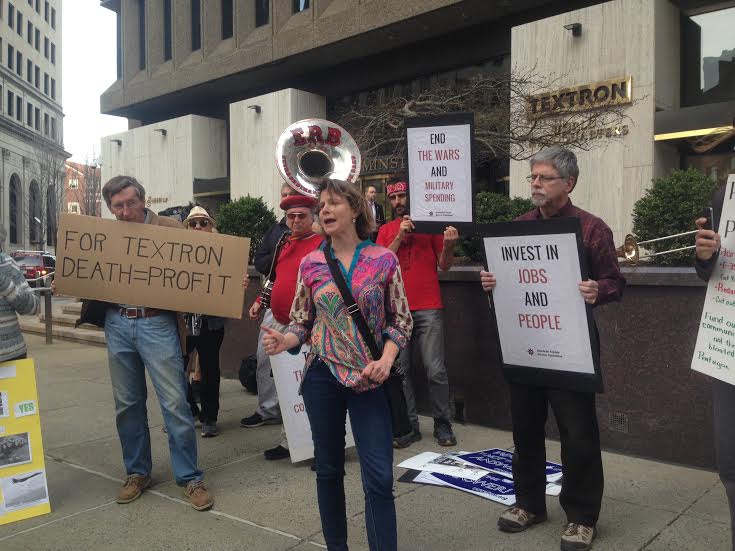
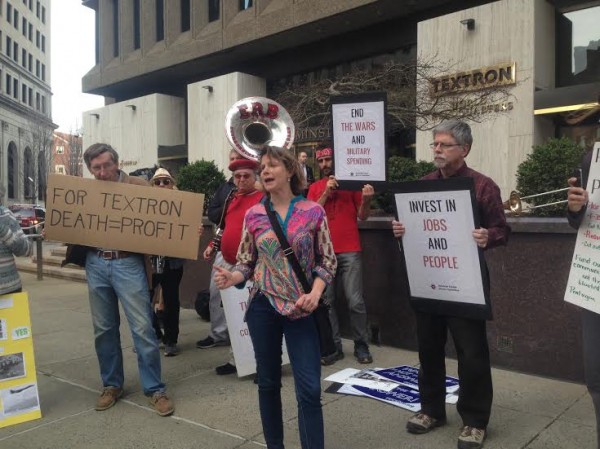




 Clinton’s tax policy was also touched upon. As President she wants to tax high frequency stock trades and tax hedge funds as income. Frank objects to Sander’s “McCarthy-ite suggestion that she’s soft on these issues because of the money she accepts.”
Clinton’s tax policy was also touched upon. As President she wants to tax high frequency stock trades and tax hedge funds as income. Frank objects to Sander’s “McCarthy-ite suggestion that she’s soft on these issues because of the money she accepts.”

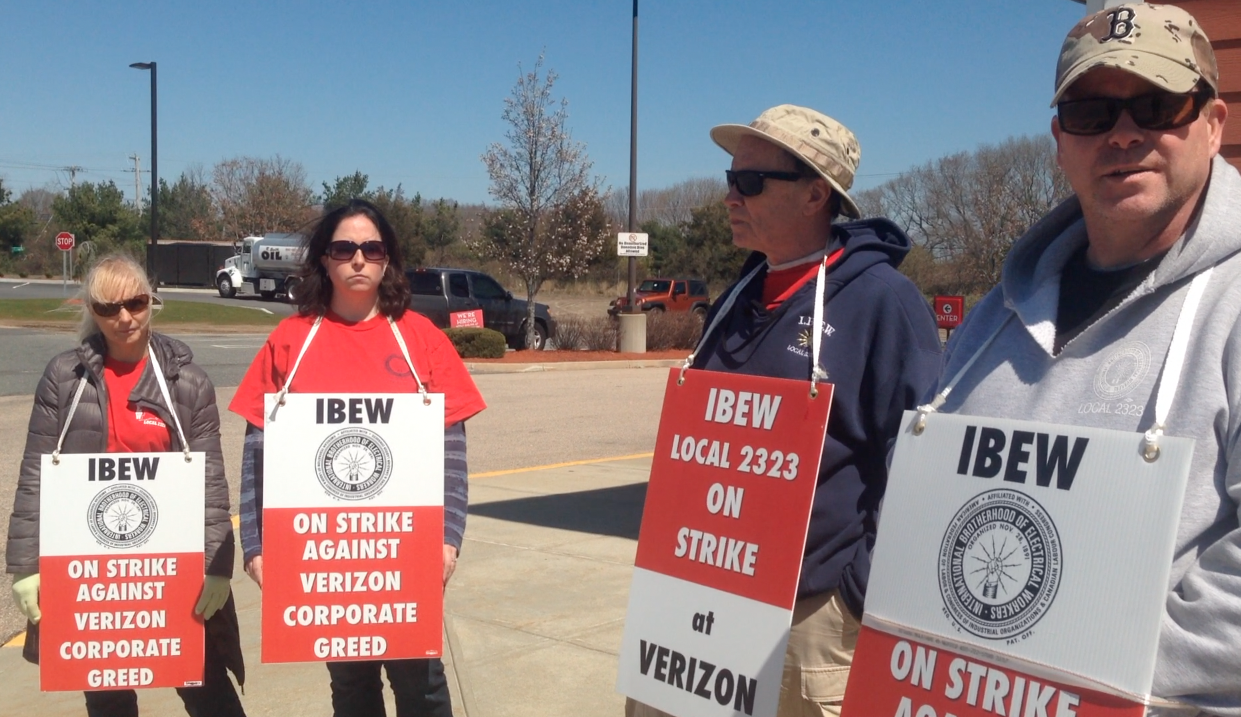
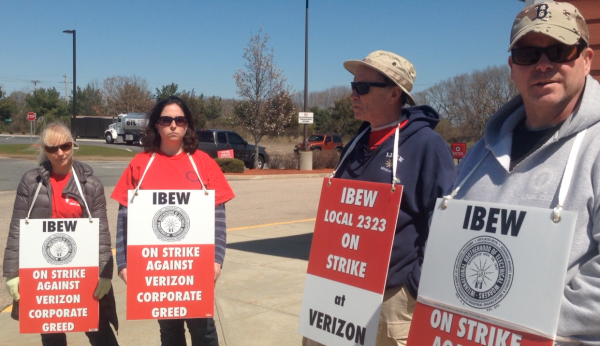
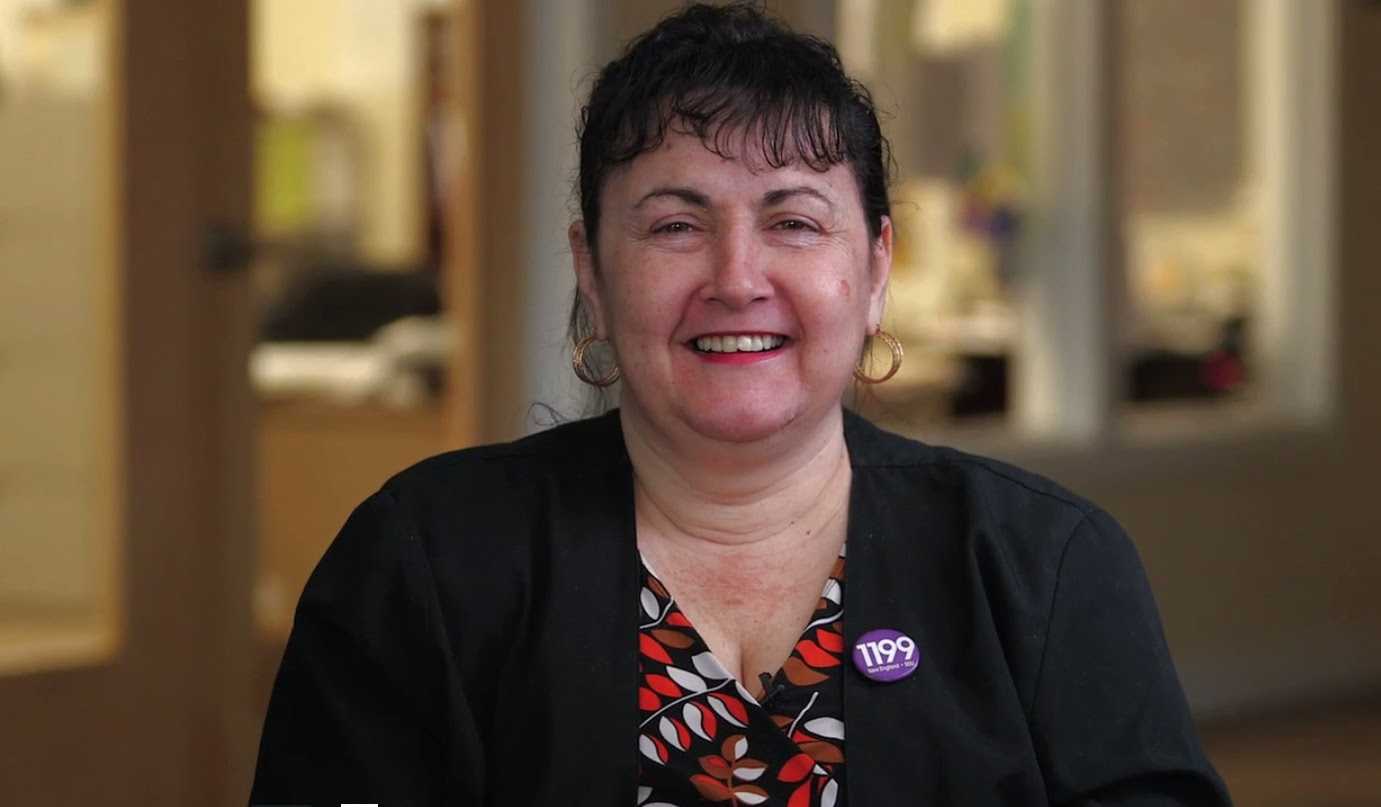
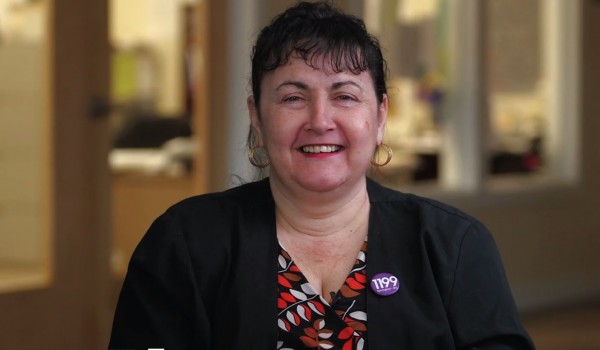

 In light of the
In light of the 

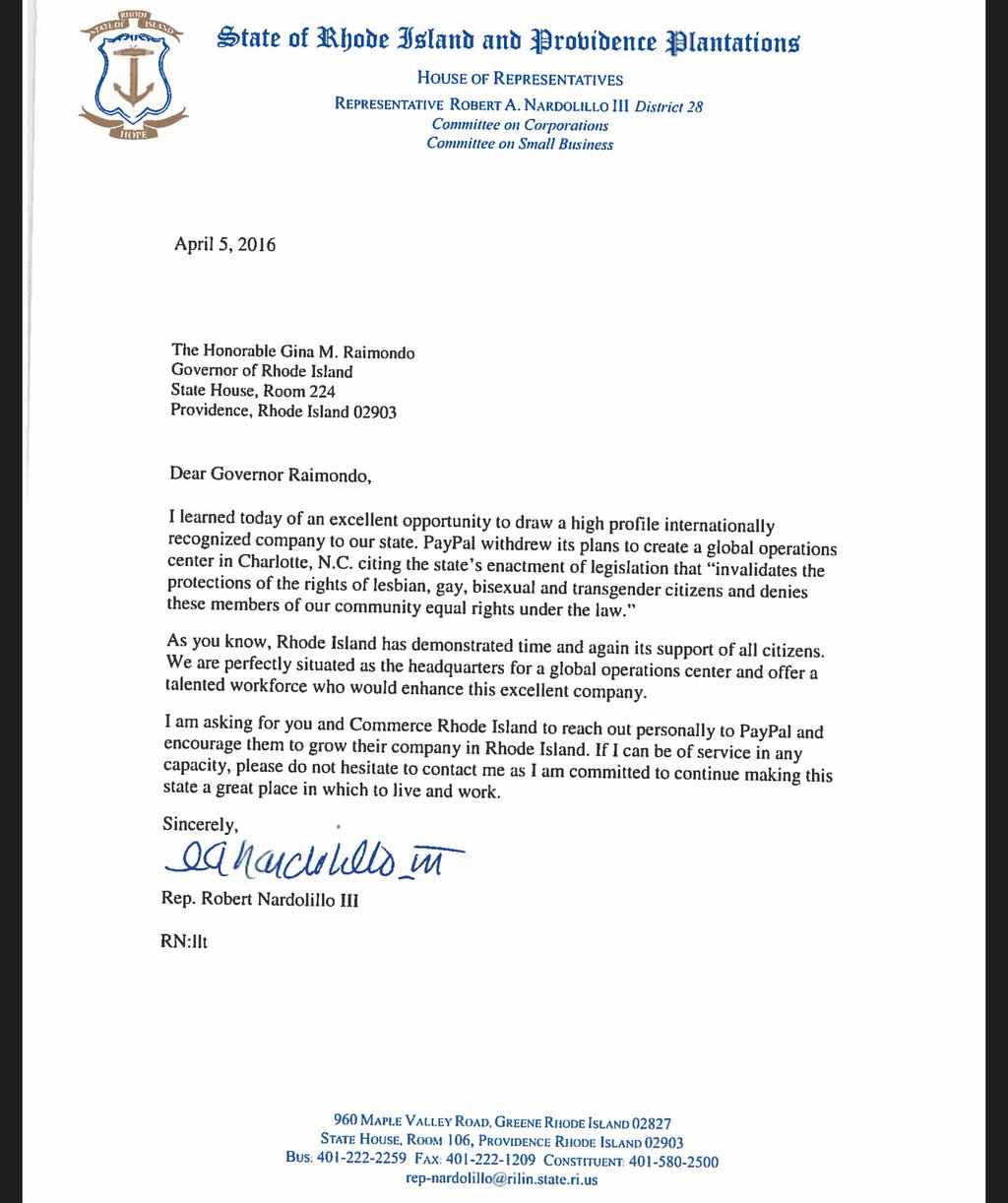
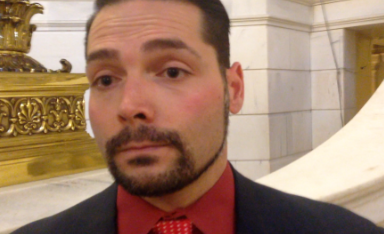
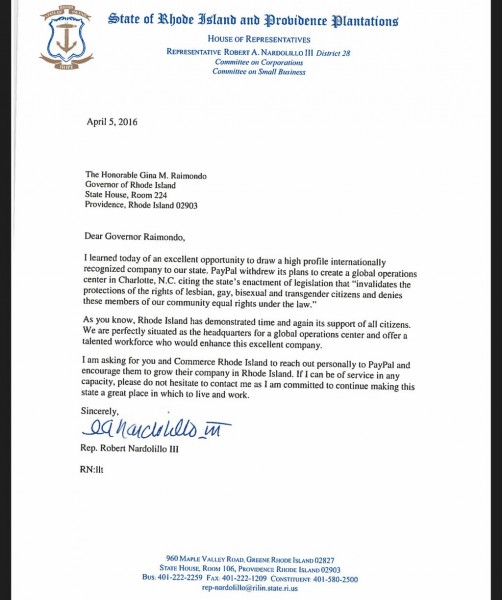



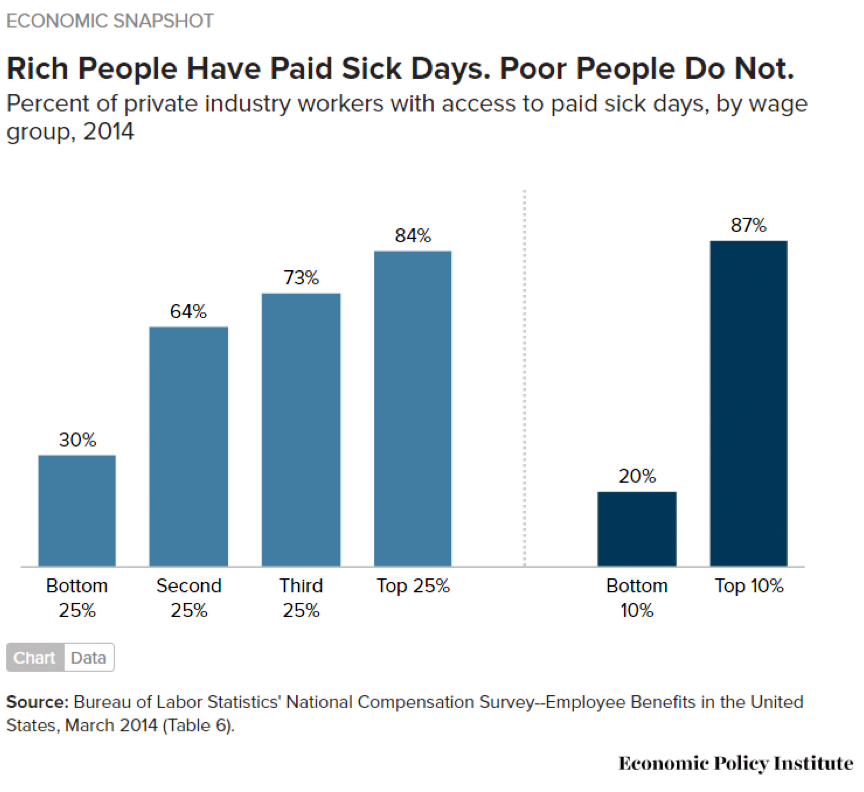
 One significant reason to pass paid sick leave legislation is that failing to do so further exacerbates disparities based on income. The Economic Policy Institute
One significant reason to pass paid sick leave legislation is that failing to do so further exacerbates disparities based on income. The Economic Policy Institute 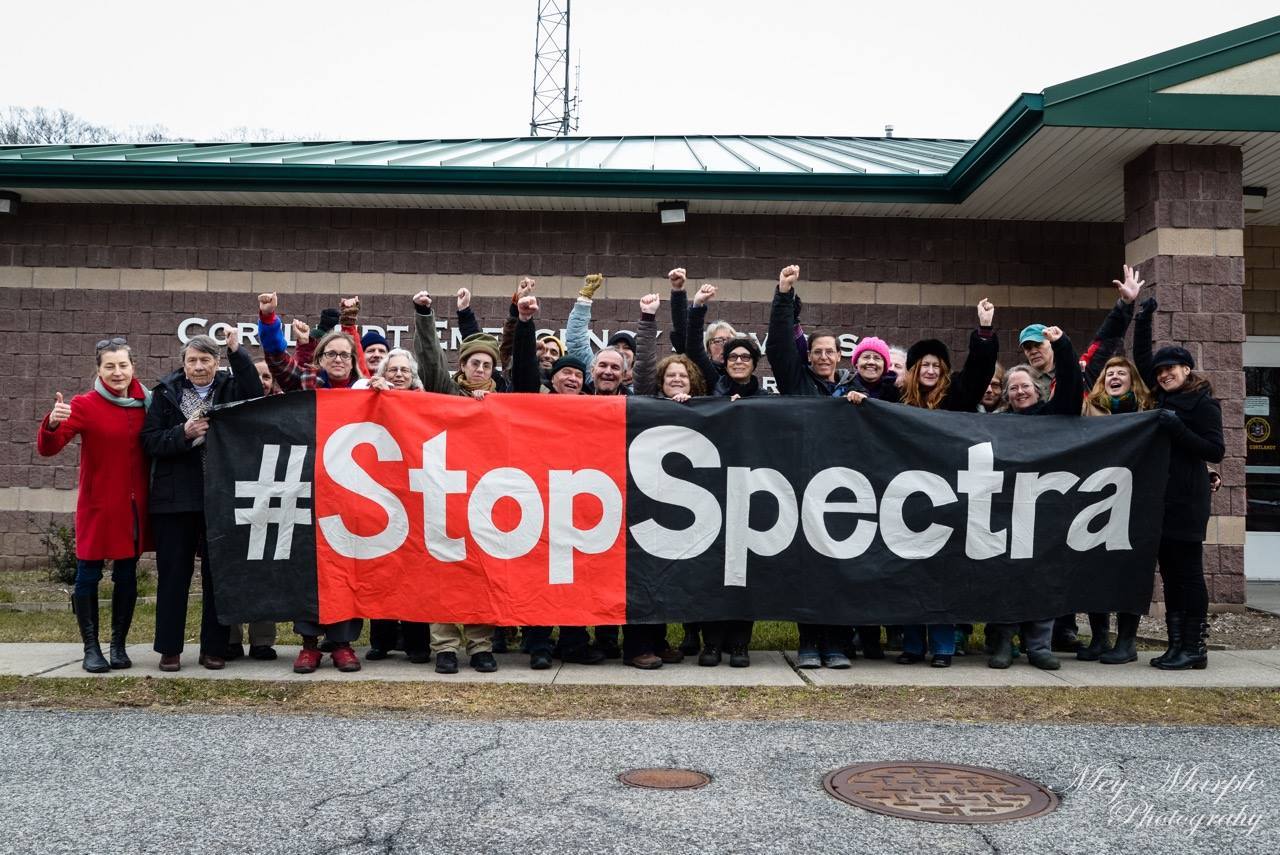


 Some of the state’s most prominent millennial-based civic engagement organizations are praising state Senate leaders for supporting legislation that would end marijuana prohibition in Rhode Island and replace it with a system in which marijuana is regulated and taxed similarly to alcohol.
Some of the state’s most prominent millennial-based civic engagement organizations are praising state Senate leaders for supporting legislation that would end marijuana prohibition in Rhode Island and replace it with a system in which marijuana is regulated and taxed similarly to alcohol.